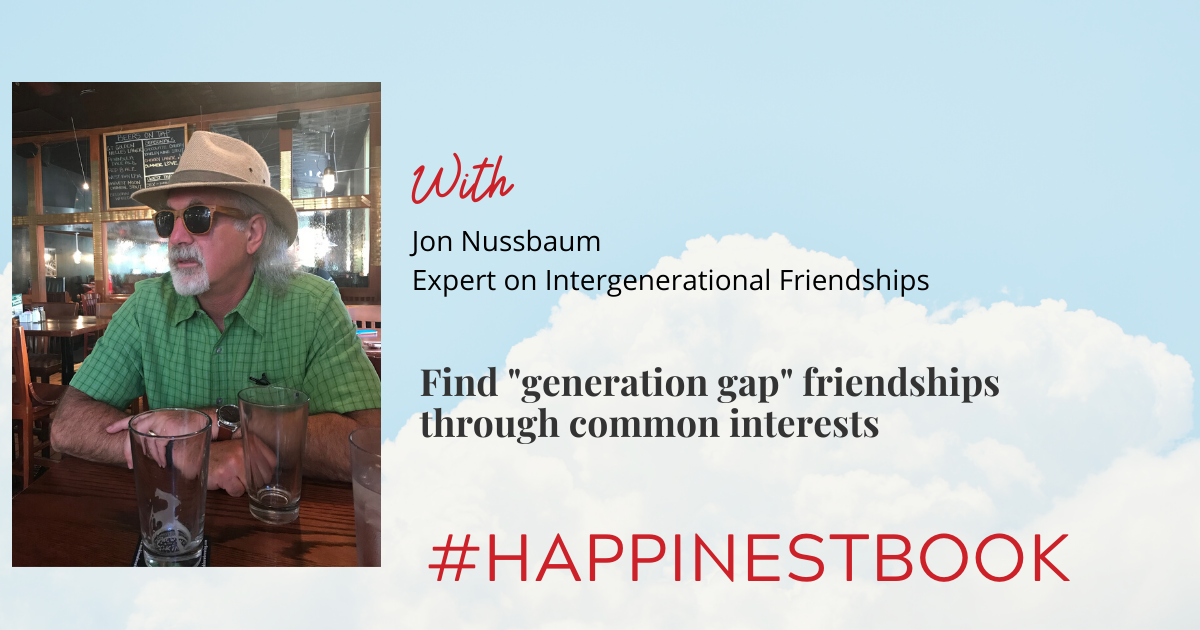Building “Generation Gap” Friendships
Jon Nussbaum is a longtime Penn State professor and an expert in intergenerational friendships. He has spent decades studying how people communicate.
He has found that cultivating friendships with people from another generation who have similar interests can yield great mutual benefits. People with strong “generation-gap” relationships have a higher quality of life.
He connects with his Penn State students through mutual interests like basketball. Cultivating intergenerational friendships between professors and students makes learning much easier in the classroom, he says.
Jon has been president of the International Communication Association, and editor of the Journal of Communication. He was also a Fulbright scholar in the United Kingdom.
Did you like this episode? Please feel free to share it using the social media buttons below. I’d also be VERY grateful if you could rate, review, and subscribe to HappiNest on Apple Podcast, Spotify, Stitcher or Google Play.
What you’ll learn about in this episode:
- Now that people are living well into their 70s, 80s and 90s, intergenerational friendships are becoming more common. Research into friendships is also relatively new, with studies springing up in the past few decades.
- Friendships are essential for human beings as they deal with life’s tragedies and crises. If you maintain them, you are far more likely to live your best life.
- Intergenerational friendships keep us informed: Older adults have lots of wisdom and experience, while younger ones tend to be more tuned into trends, technology and new ideas.
- Finding common ground, such as through sports, hobbies or arts is the best way to connect with a friend from another generation and stave off the human tendency to stereotype. Steer away from things you disagree on. Listen to what others are engaged in and engage. Seek the opinions of others.
- Intergenerational friendships are great for busting loneliness, which has reached epidemic proportions, and can lead to depression, drug use and suicide.
- Reach out for relationships beyond your relatives. Focusing too much on achievement or family relationships at the expense of maintaining close friendships is a “losing strategy,” Nussbaum says. Smile. Get out there among your neighbors. Look for common ground and engage!





